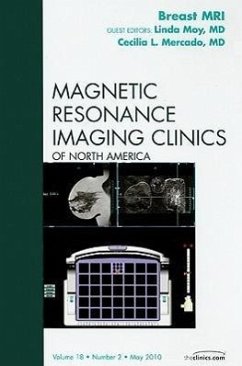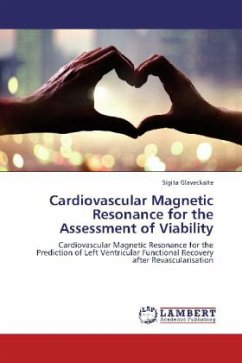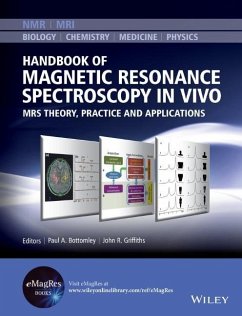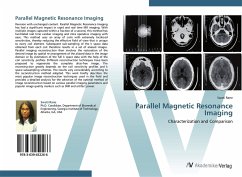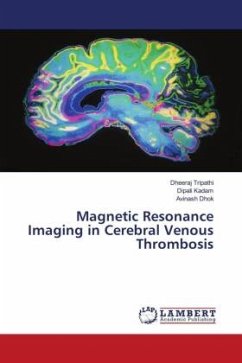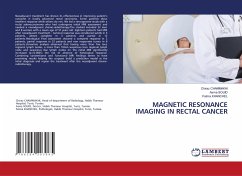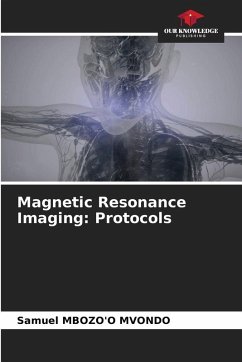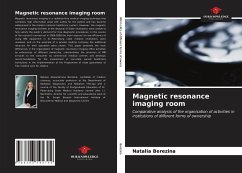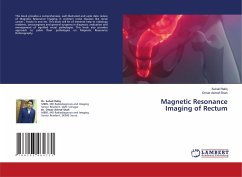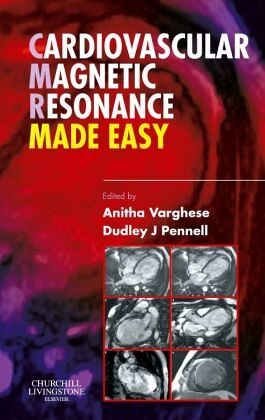
Cardiovascular Magnetic Resonance Made Easy

PAYBACK Punkte
12 °P sammeln!
This title provides an easily digestible and portable synopsis of the technique which will suit the needs of cardiologists and cardiothoracic surgeons wishing to acquaint themselves with what CMR can do, and what it cannot. Beginning with an outline of some of the basic principles of MRI, the following chapters concentrate on the cardiac side of CMR with a later section on its more established vascular uses.




